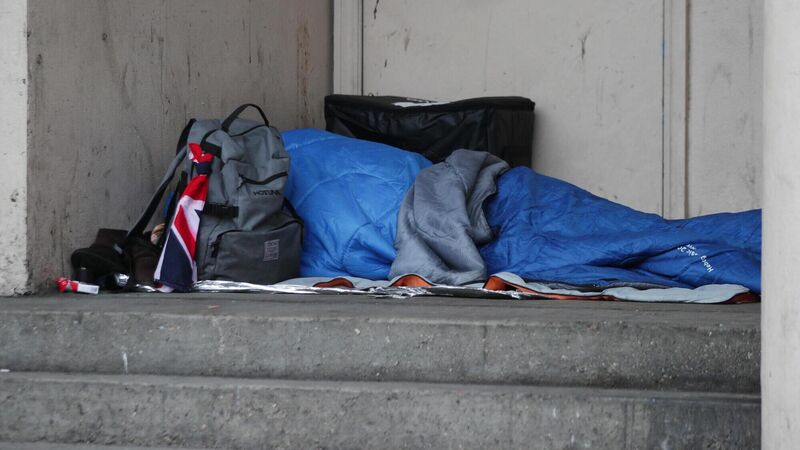Covid highlights difficulty in reaching vulnerable groups

Dr Margaret Fitzgerald, HSE public health lead for social inclusion, said: 'Covid has highlighted the inequalities in our society and how hard it is to reach our vulnerable groups.'
Adopting a “bespoke” response and engaging early and directly with vulnerable groups helped to reduce the spread of Covid-19 and manage outbreaks.
That’s according to Dr Margaret Fitzgerald, HSE public health lead for social inclusion, who told a seminar hosted by the Independent Scientific Advocacy Group that a similar response will be needed to vaccinate the homeless, Traveller and Roma communities, asylum seekers, undocumented migrants, and victims of domestic abuse.










